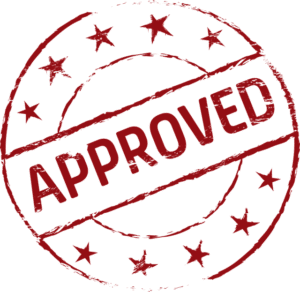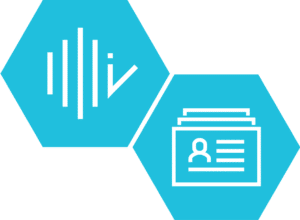Twitter CEO Jack Dorsey recently sent an email to his employees announcing that Twitter employees may work from home permanently, even after the COVID-19 pandemic is over. Chances are that more and more tech companies and other industries are going to follow Dorsey’s lead considering the benefits on both sides.
As working from home becomes the “new normal” for tech companies, what kind of impact will this have from a hiring and compliance standpoint?
The past few months have been a “test” for companies to find out what percentage of their employees can actually fulfill their work duties remotely from home. Companies from nearly every industry are finding out that a good percentage of employees can successfully perform all or some of their duties working remotely.
What this translates to after COVID-19 is companies staffing more and more 100% remote workers. Some will likely split duties between the office and home, but the overall trend will be a significant amount of employees working from home.
Remote hiring for the “new normal”
One immediate benefit of having a 100% remote employee is that your hiring pool expands substantially. For positions that can be carried out remotely, a company can hire from anywhere in the U.S. But what does that mean from a hiring and compliance standpoint? If you’re in California and hiring someone remotely in Florida you still need to stay in compliance with the Department of Homeland Security (DHS) laws.
The good news is electronic I-9 platforms exist to streamline the remote hiring process and ensure full compliance wherever your new employee lives.
They can automate Section 2 ID verification for remote employees. In some cases, the provider allows new hires to choose from thousands of approved I-9 centers or mobile representatives nationwide for document verification. Such a platform eliminates unnecessary back-and-forth communications with out-of-state candidates and gets new employees onboarded and working quickly so employers can meet the strict USCIS timelines.
Ensuring compliance with changing guidelines
Another benefit of using a proven platform (like Tracker I-9 Compliance) for your remote hires is having a partner that keeps up with what seems to be the weekly changing guidelines for remote hiring. USCIS is continually modifying compliance requirements and it’s the responsibility of the employer to check for updates and stay in compliance.
 The provider should keep its partners and platform updated to ensure compliance when hiring remotely. This month, for instance, USCIS announced that employers may temporarily accept expired List B verification documents form new hires when completing I-9 forms during the pandemic.
The provider should keep its partners and platform updated to ensure compliance when hiring remotely. This month, for instance, USCIS announced that employers may temporarily accept expired List B verification documents form new hires when completing I-9 forms during the pandemic.
Julie Pearl, founder and CEO of Pearl Immigration and the originator of Tracker I-9 Compliance, said in response to the recent confusion about remote verification, “The most dangerous thing that’s happening is companies asking their new hires to mail completed I-9s through the post office, which could easily result in forms with critical personal information being lost or falling into the wrong hands.”
With a best-in-class platform like Tracker I-9 Compliance, there’s a 100% secure digital onboarding experience; employers don’t have to worry about the mishandling of sensitive information and can immediately review I-9s instead of waiting days for the completed form to arrive by mail.



